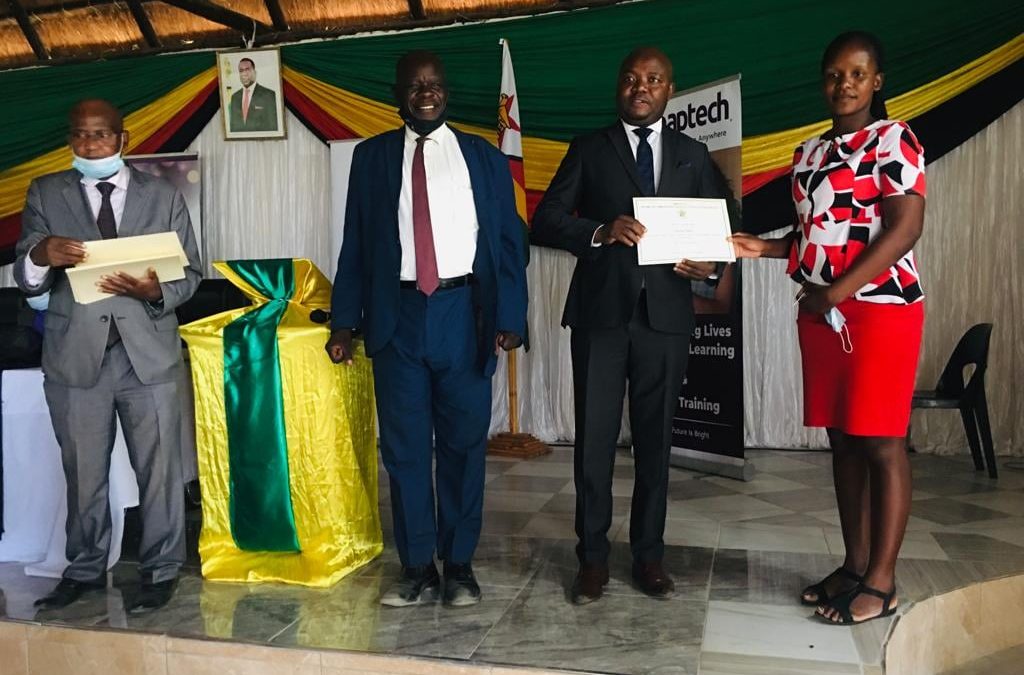International Day for Girls in ICT is celebrated every year to build awareness about the gender digital divide, support technology education and skills training, and encourage more girls and young women to actively pursue careers in STEM. The celebrations were held on the 22nd of April this year under the theme “Connected Girls, Creating Brighter Future”
Due to Covid19 restrictions, it has been difficult to gather people for events and made the digital platform very important for social, economic and political engagement. ISOC Zimbabwe chapter celebrated the Girls in ICT by empowering 7 young girls with graphics designing skills. The 8 young girls were selected among 26 applications who matched the requirements, which among others included that they should have completed their high school in 2020.As of January 2021 there were 4.66 billion active internet users worldwide – 59.5 percent of the global population. Of this total, 92.6 percent (4.32 billion) accessed the internet via mobile devices(www.statista.com) . The statistics make the internet a good platform for branding and marketing, hence the graphics technical workshop was done to promote girls and women in design. The young girls had diverse backgrounds and future aspirations ranging from law, art and design, engineering, marketing, computer science, actuarial science, accounting etc.
Shamiso Mawiwi who studied at Visitation Makumbe was excited and she designed a flier for her mother who is into cake making and was very excited about learning the new skill. Over and bove the technical training workshop Natalie Chidakuza an aspiring computer scientist was excited about the software packages given to them for free. Marketing in the 21st century is dependent on graphics and Tafadzwa Simango a future marketing guru appreciated the role of designing in her career aspirations. Kundai Baramasimbe a Mutendi High School former student and aspiring actuarial scientist appreciated the role of graphic designing in making reports and digital footprints. Phyliss Mavedzenge(Kriste Mambo – Accounting), Charity Debwe (Visitation Makumbi – Engineering) , Mufaro Matsikarima (Samuel Centenary Academy – Engineer) appreciated the graphic design skill and intended to do graphic designing as part time to also create revenue for themselves in college.
Internet Society head of events Karen Mukwasi acknowledged the digital gender gap in graphic designing and challenged the vibrant young girls to show the world that they are better designers and inspire other young women and girls to venture into STEM. Internet Society Zimbabwe values students from high school and is working in encouraging more women to venture into STEM programs.







Recent Comments